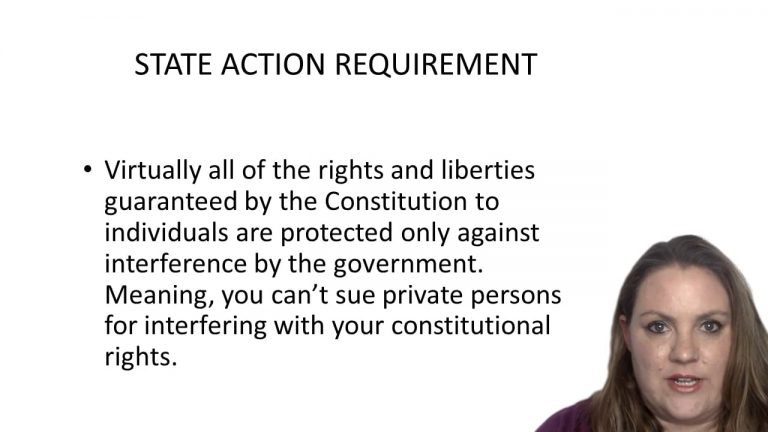SmartBrief
Confirm favorite deletion?
Constitutional Law Keyed to Maggs
Cooley v. Board of Wardens
Citation:
53 U.S. (12 How.) 299 (1851)Facts
Aaron B. Cooley was the consignee of two vessels, both of which sailed from the Port of Philadelphia without engaging the services of a local pilot. One of the vessels was engaged in coastal trade, sailing from Philadelphia to New York. The Board of Wardens of the Port of Philadelphia brought an action of debt Cooley to recover the frees for both vessels as provided under the state law of Pennsylvania. The Pennsylvania law required that every ship entering or leaving the port of Philadelphia engage a local pilot or suffer monetary penalties. The petitioner did not engage a pilot as required by the state law, but claimed that he was exempt because the state law violated various constitutional provisions including Congress’ power under the Commerce Clause.
Only StudyBuddy Pro offers the complete Case Brief Anatomy*
Access the most important case brief elements for optimal case understanding.
*Case Brief Anatomy includes: Brief Prologue, Complete Case Brief, Brief Epilogue
- The Brief Prologue provides necessary case brief introductory information and includes:
Topic:
Identifies the topic of law and where this case fits within your course outline.Parties:
Identifies the cast of characters involved in the case.Procedural Posture & History:
Shares the case history with how lower courts have ruled on the matter.Case Key Terms, Acts, Doctrines, etc.:
A case specific Legal Term Dictionary.Case Doctrines, Acts, Statutes, Amendments and Treatises:
Identifies and Defines Legal Authority used in this case.
- The Case Brief is the complete case summarized and authored in the traditional Law School I.R.A.C. format. The Pro case brief includes:
Brief Facts:
A Synopsis of the Facts of the case.Rule of Law:
Identifies the Legal Principle the Court used in deciding the case.Facts:
What are the factual circumstances that gave rise to the civil or criminal case? What is the relationship of the Parties that are involved in the case.Issue(s):
Lists the Questions of Law that are raised by the Facts of the case.Holding:
Shares the Court's answer to the legal questions raised in the issue.Concurring / Dissenting Opinions:
Includes valuable concurring or dissenting opinions and their key points.Reasoning and Analysis:
Identifies the chain of argument(s) which led the judges to rule as they did.
- The Brief Prologue closes the case brief with important forward-looking discussion and includes:
Policy:
Identifies the Policy if any that has been established by the case.Court Direction:
Shares where the Court went from here for this case.
Topic Resources
Topic Outline
Topic Refresher Course
Topic Charts & Notes

 8m 59s
8m 59s